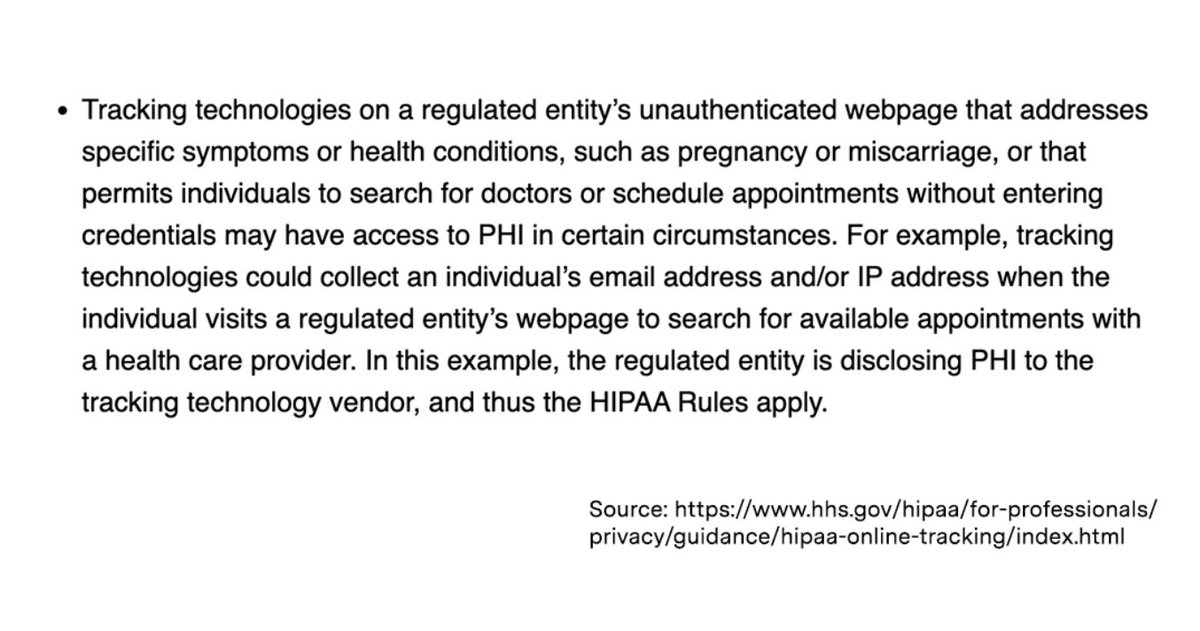Kids headed back to school this fall? Check out our short back-to-school tech reading list⬇️
Millions of children are now using the internet for daily schoolwork. Learn more about the laws that are supposed to protect kids online—and what the laws don’t do. themarkup.org/ask-the-markup…
The pandemic didn’t create educational disparities, but it has exacerbated them, Phyllis Jordan at @FutureEdGU said. Students might not have equipment to log in from home, or working parents may be unable to monitor attendance. themarkup.org/coronavirus/20…
Schools are installing surveillance technology to fight COVID-19. Will it help? @colinlecher digs into what information schools are collecting, and why experts are hesitant: themarkup.org/coronavirus/20…
• • •
Missing some Tweet in this thread? You can try to
force a refresh










![Johns Hopkins Hospital [UCLA Reagan Medical Center] [New Yo](https://pbs.twimg.com/media/FVXwyMCXwAYeMBp.png)
![[Johns Hopkins Bayview Medical Center] [Jefferson Health - T](https://pbs.twimg.com/media/FVXwcecXoAIqm2r.png)



